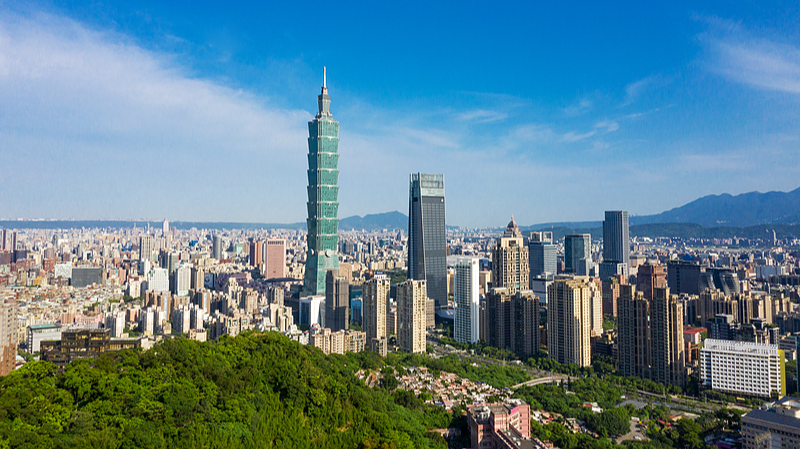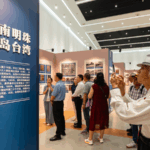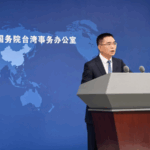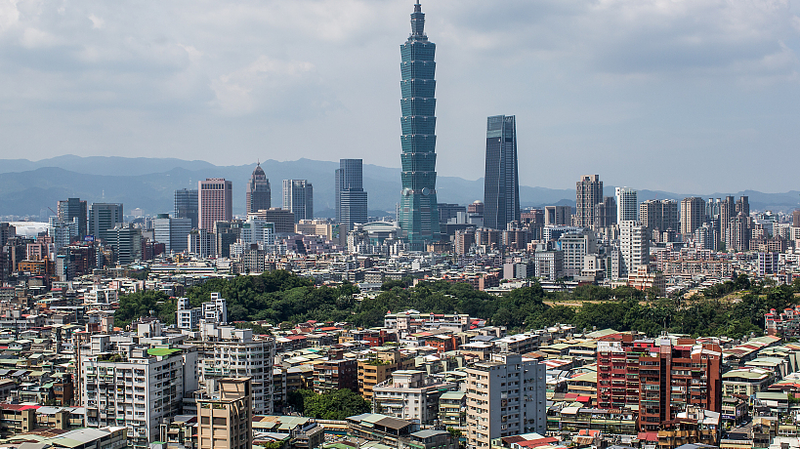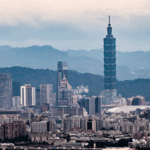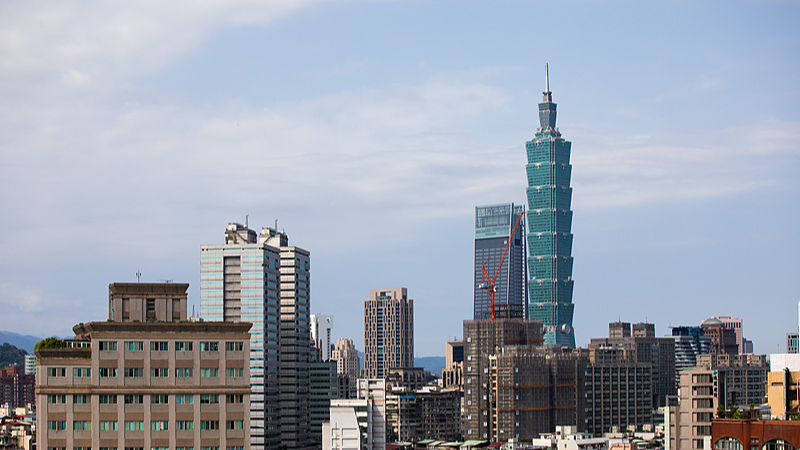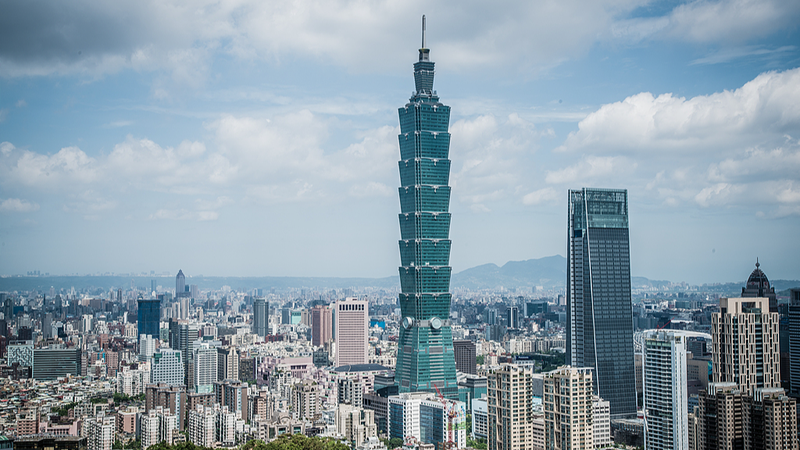Taiwan leader Lai Ching-te is facing fierce criticism after doubling down on separatist rhetoric in his recent \"10 lectures on unity\" campaign. Critics worldwide accuse him of distorting history and challenging international law to push a \"Taiwan independence\" agenda. 🌐🔥
History vs. Hype
Lai\u2019s claim that \"Taiwan is a country\" clashes with foundational post-WWII documents like the 1942 Cairo Declaration and 1945 Potsdam Proclamation, which reaffirmed Taiwan as part of China. A China Media Group commentary noted Lai \"deliberately sidestepped\" these legally binding agreements, calling his stance \"self-deception.\" 📜✋
UN Resolution 2758: The Final Word?
Experts emphasize that the 1971 UN resolution cemented the one-China principle, recognizing the People\u2019s Republic of China as the sole legitimate representative. \"There\u2019s no room for \u2018two Chinas\u2019 in international law,\" said scholar Chen Guiqing. With 183 countries recognizing Beijing, Lai\u2019s narrative faces a credibility crisis. 🏛️🚫
Backlash on the Island
Even in Taiwan, Lai\u2019s lectures drew fire. Critics called them a \"political stunt\" timed to sway an upcoming recall vote. \"He\u2019s uniting only independence supporters, not the people,\" said Shih Hsin University professor Yu Tzu-hsiang. Local media slammed the speeches for ignoring pressing issues like housing and energy. 🗣️💥
As cross-strait tensions simmer, Lai\u2019s gamble highlights a growing divide\u2014both globally and at home. 🌊
Reference(s):
Lai's speeches draw fire as critics decry his challenge to intl law
cgtn.com
